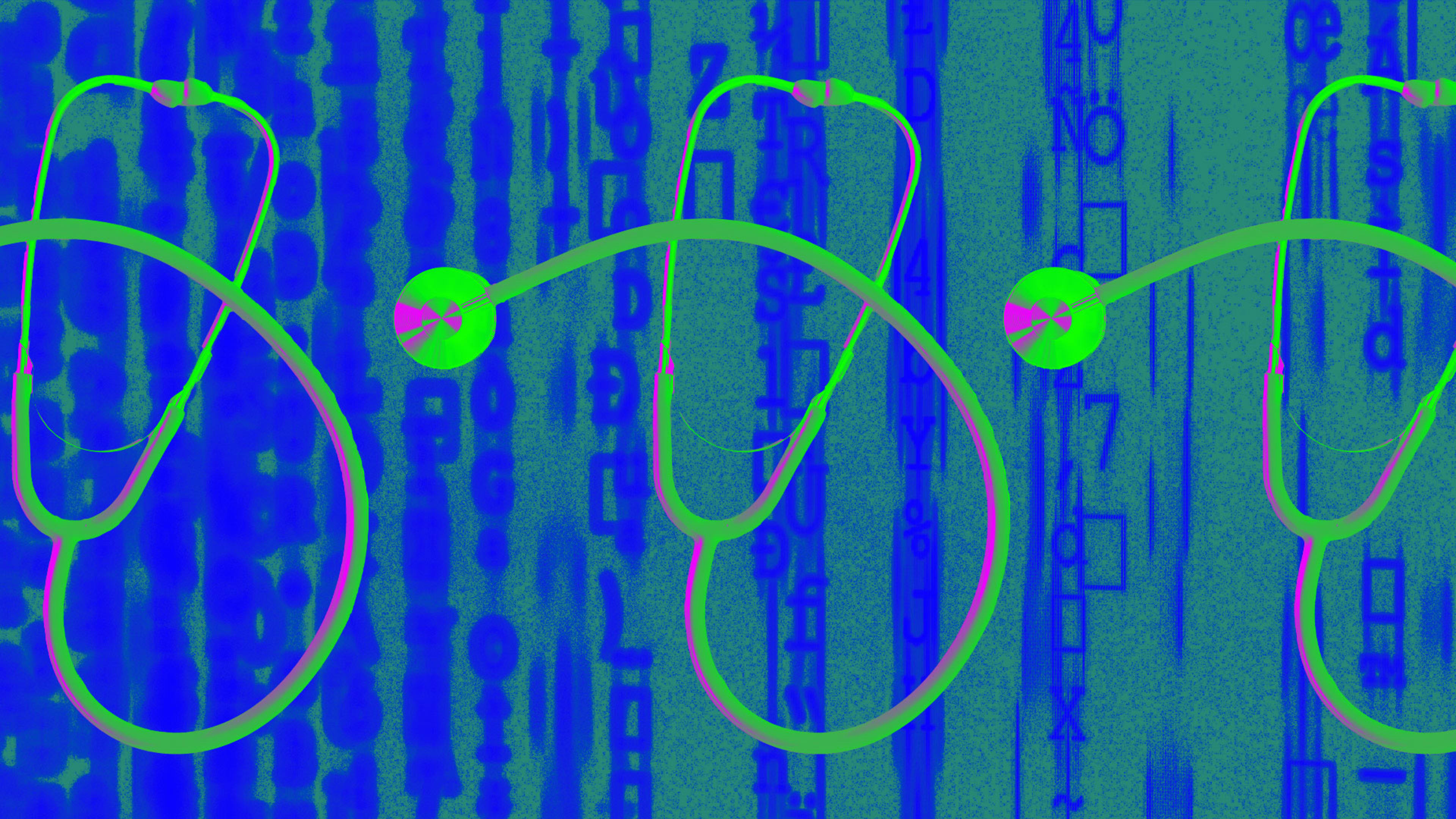There’s a Gordian knot at the heart of the AI boom in healthcare. Artificial (or depending on who you talk to, “augmented”) intelligence is already a solidly established tool in the medical system from X-ray imaging analysis to streamlining hospital billing to how the medicines your doctor might prescribe are discovered in the first place. Yet 69% of Americans staunchly oppose the idea of AI replacing doctors to diagnose disease, according to a new Salesforce survey, while still supporting the technology overall if it makes, say, scheduling an appointment or parsing their medical bills more convenient.
This presents a conundrum for the rapidly exploding healthcare AI ecosystem: How do you balance the very real benefits of new algorithmic technologies with (justified) societal concerns about their shortcomings in something like human health? As if balancing that isn’t complicated enough, throw in the reality that AI and related technologies aren’t just inevitable, but might be necessary to address the challenges of a future where there aren’t enough human doctors, nurses, and healthcare providers to meet the demands of the world’s largest and oldest population, according to industry experts.
Even as Salesforce announced new AI tools to help doctors with administrative tasks, its new survey gets to the heart of the conflict: Americans don’t trust the general concept of “AI” to replace a doctor’s diagnosis. However, other surveys show that the flesh-and-blood doctor they’d trust to get that diagnosis might not be available—with more than 83 million people in the U.S. living in regions with severely limited access to a primary care physician, according to the Association of American Medical Colleges—or seriously “burned out on a regular basis,” as a staggering 90% of U.S. physicians report.
There is also a generational divide at play, as both the Salesforce survey and other industry leaders point out. Gen Z has a very different conception of tools such as generative AI than even millennials, let alone older generations. That reality will affect the future of health for both patients and the doctors, nurses, and medical providers who treat them—a willingness to not just embrace, but expect artificial intelligence, augmented reality, VR, and other such tools to be at their disposal.
“You and I live in a consumer world; you’re tech savvy, I’m tech savvy. My nieces and nephews are super tech savvy. And they live in a world that already has voice control, and Snapchat, and AR, and VR,” Atul Gupta, chief medical officer for diagnosis and treatment at med-tech giant Philips, told Fast Company in an interview.
“But in healthcare, it takes a very long time for these technologies to permeate into our world. We live in hospitals where we still use fax machines and paper, so we’re very behind the times, part of which is because we have to get it right all the time, no mistakes. But there’s a huge demand for new technologies from the next generation of doctors and nurses and providers, and it’s going to be a requirement. They expect digital tools like AI, AR, all these things that we’re talking about to be in their world.”
Gupta underscores how critical these tools will be to sustain the healthcare ecosystem in a world where the percentage of the global population aged 65 and above “is expected to rise from 10% in 2022 to 16% in 2050,” according to the United Nations.
“In healthcare, hospitals are under a tremendous amount of pressure because we have an aging population,” said Gupta. “20% of the United Kingdom now is over 60 years of age because healthcare has gotten so good at extending people’s lives. In fact, half a million people there are over the age of 90. Right now, this is the most-aged population that we’re seeing in the U.S. And that means that it’s creating a lot more complex disease for hospitals to take care of. But that also gets to the staff shortage issue. Everywhere you go, you have nurses shortage, doctor shortage. . . . We will not recruit our way out of this mess.”
That’s a critical problem for the future that technology might help address. But if the Salesforce and other surveys are any guide, the healthcare AI industry has serious public-trust issues to address.
Recognize your brand’s excellence by applying to this year’s Brands That Matter Awards before the early-rate deadline, May 3.
